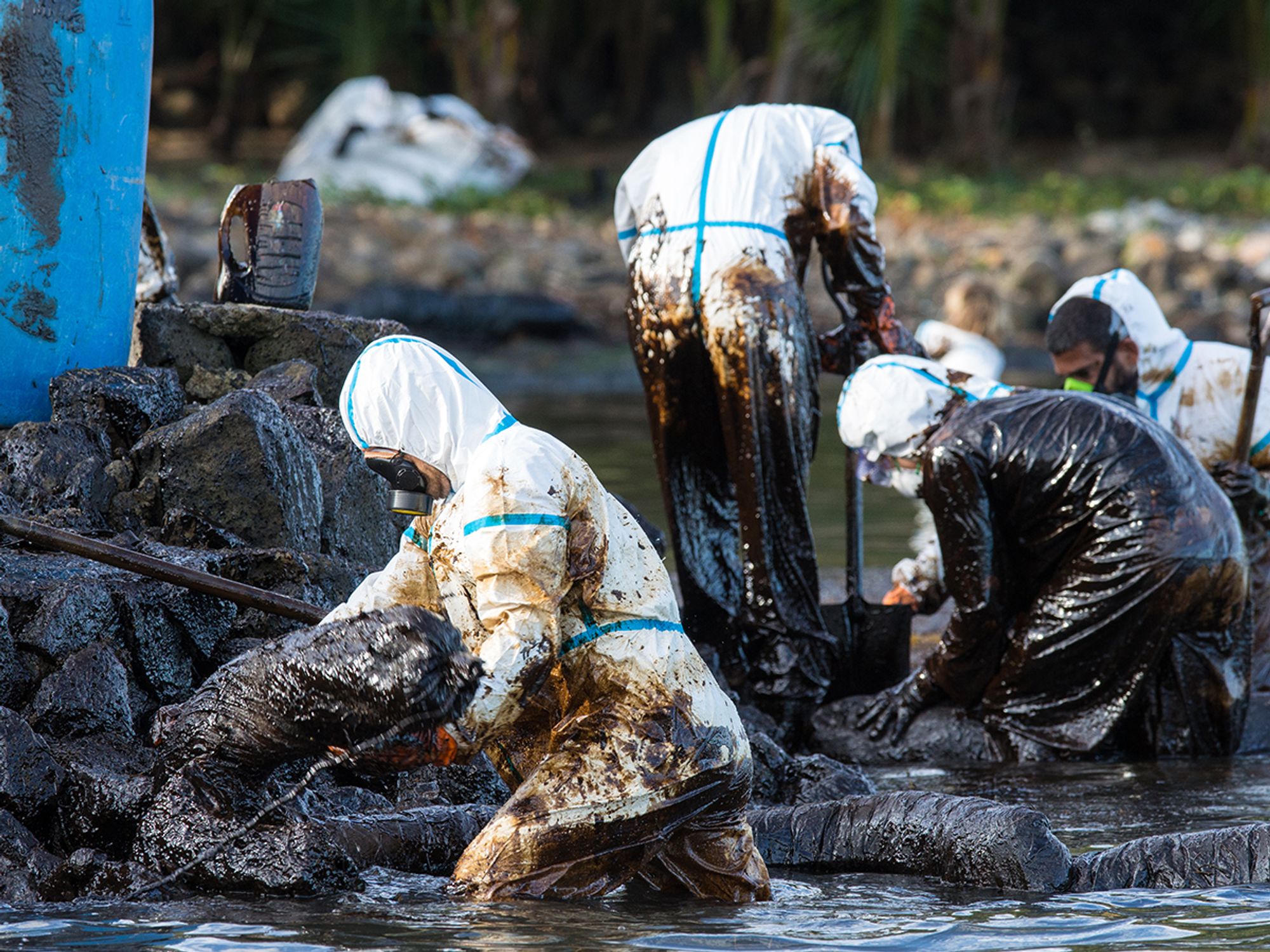InstituteToxic/Hazardous Substance ReleasesCERCLA, SARA, EPCRA CERCLA, SARA, EPCRARelease NotificationsIn Depth (Level 3)EnvironmentalEnglishSARA ComplianceAnalysisFocus AreaUSA
Other laws that trigger release reporting
['CERCLA, SARA, EPCRA']

- EPCRA, HMTA, TSCA, and CWA may also trigger reporting requirements at the time of a release of a hazardous substance or material.
The Comprehensive Environmental Response, Compensation, and Liability Act (CERCLA) is not the only statute that addresses spills and releases. Other laws may also trigger reporting requirements at the time of a release of a hazardous substance or material. These include:
- The Emergency Planning and Community Right-to-Know Act (EPCRA), administered by the Environmental Protection Agency (EPA), requires facilities to notify State Emergency Response Commissions and Local Emergency Planning Committees of releases of hazardous substances and extremely hazardous substances when the release equals or exceeds the reportable quantity (RQ) (EPCRA 304(a)).
- The Hazardous Materials Transportation Act (HMTA), administered by the Department of Transportation (DOT), requires reporting of hazardous materials releases or accidents.
- The Toxic Substances Control Act (TSCA), administered by EPA, requires reporting of releases of polychlorinated biphenyls (PCBs).
- The Clean Water Act (CWA), administered by EPA, requires reporting of hazardous substance and oil releases into navigable waters.
